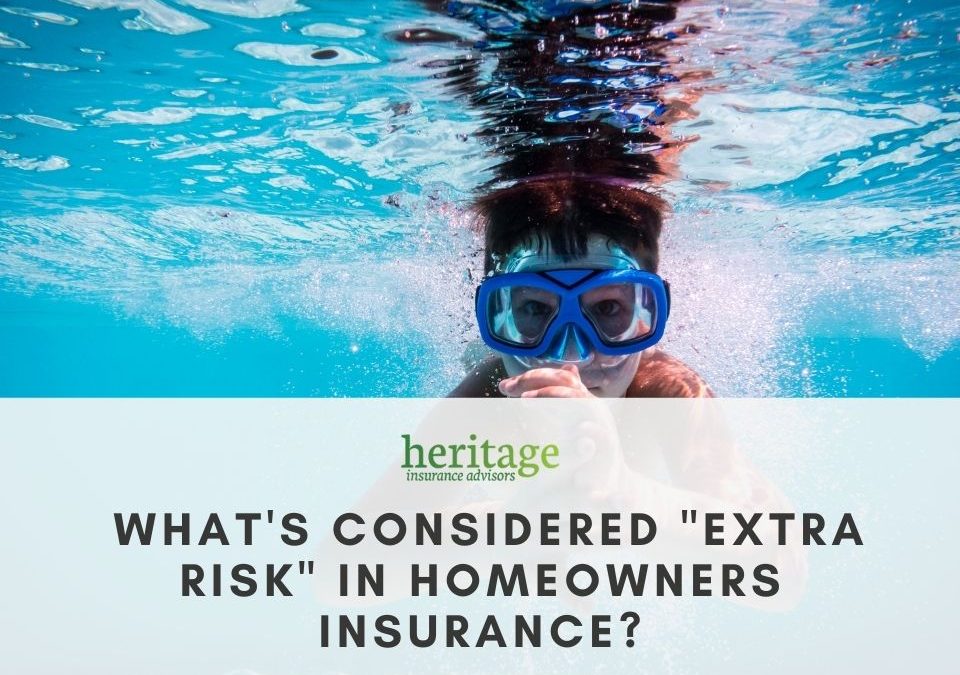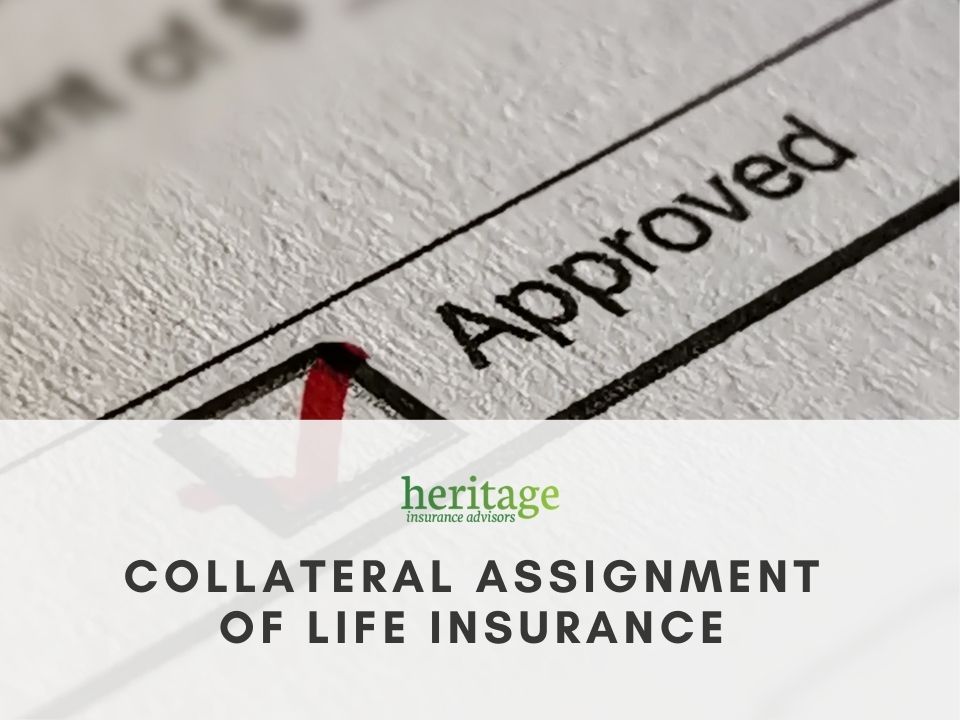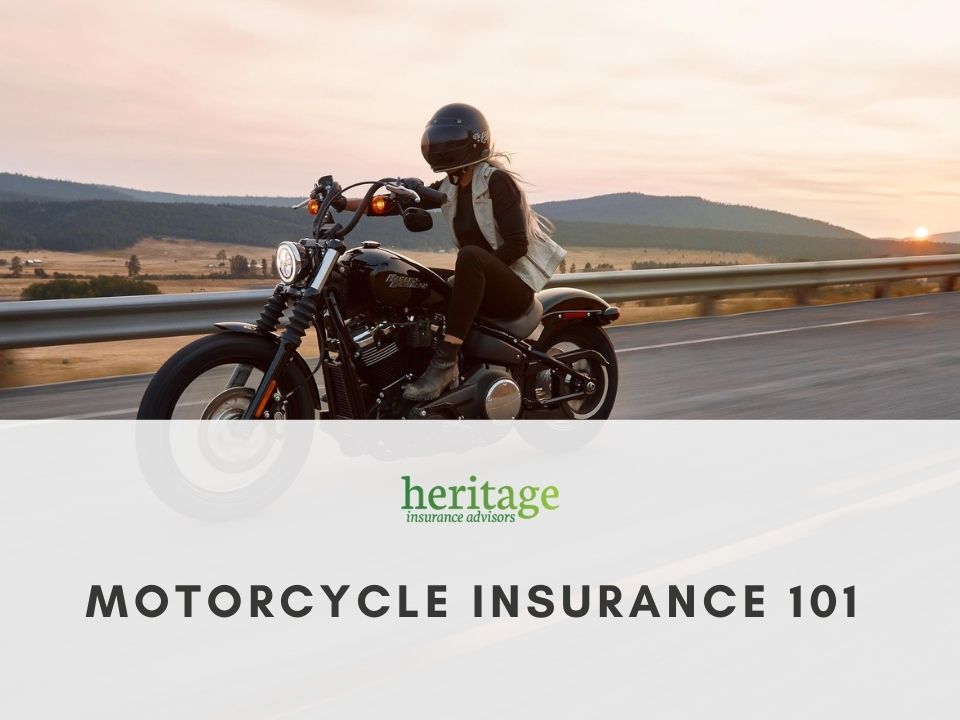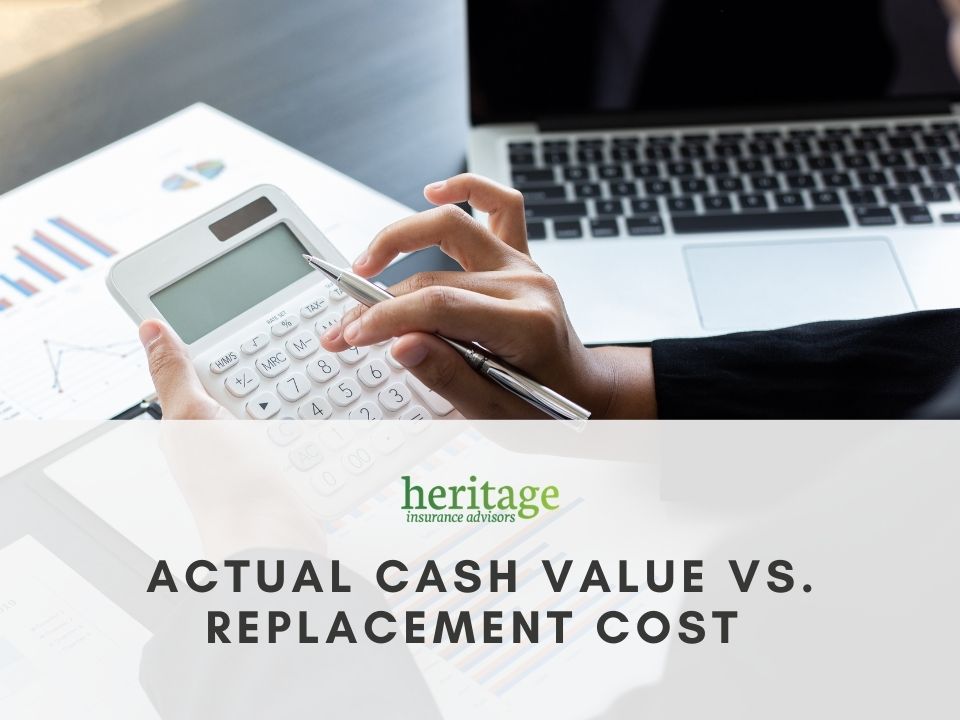
5 Essentials Before Conducting Your First Interview
September 23, 2021
Trade Credit Insurance 101
October 21, 2021What’s Considered “Extra Risk” In Homeowners Insurance?
While every home presents unique risks, some houses are inherently risker than others. Before purchasing a home, it’s wise to be aware of these factors that many insurance carriers consider “extra risk.”
Attractive Nuisances
What adds fun and value to your home, but at the same time can dramatically increase your liability? Attractive nuisances. These are property amenities, structures, or conditions (like a swimming pool, tree house, playground, construction, and more) that genuinely enhance a home, but also present potential danger to others, especially children. In other words, these are things kids love, but have been linked to injuries… and in the world of insurance, this means potential lawsuits.
Both homeowners and renters can install attractive nuisances (like a trampoline). There are steps you can take to promote a safe environment (like a gated pool), but risk will never be fully eliminated. Enjoy your backyard oasis and keep your insurance advisor up to date on your large home projects, so they can ensure your liability limits are relevant.
Looking for more resources on attractive nuisances? Check out this article by our Nationwide partner.
Extended Periods of Vacancy or Inoccupancy
A vacation home, house-flip, or even rentals may be vacant or unoccupied for extended periods of time. What’s an “extended amount of time,” you ask? It can depend on the insurance company, but the general consensus is 30-60 days. After this, your policy may start to exclude coverage. Typically, “vacant” indicates that your personal belongings are no longer in the home and “unoccupied” indicates that you keep your belongings stored in the home (like snowbirds). Empty homes are more susceptible to break-ins and unexpected events can go unnoticed (like water damage), creating more expensive problems long-term. A gated community or home manager can reduce these risks, but your standard Homeowners Insurance may not extend to periods of vacancy or inoccupancy, and you may need an extra policy or endorsement for protection. Always tell your insurance advisor if you expect your home to be vacant or unoccupied.
PRO TIP: Rental homes are considered a business endeavor and need to be insured like one. If you’re using your home or second home as a rental, make sure you notify your insurance advisor.
Geographical Location
If your house is in a climate that faces unique natural and weather-related risks, such as flooding, mudslides, hurricanes, tornadoes, and others, it will be considered a risker home. Most times, these damaging events are not included in your standard Homeowners Insurance. An insurance expert may recommend endorsements so that these specific natural disasters don’t cause you financial strife.
A History of Insurance Claims
If a homeowner has a history of multiple insurance claims, this will indicate to the insurance carrier that they are a risker policyholder. It does not mean that proper insurance cannot be found, but it may suggest a higher insurance premium.
Often, these risks can be supplemented with extra personal liability coverage or specific endorsements, and sometimes, your policy may already accommodate these risks. Make sure you or a trusted insurance advisor read the fine print. This way, you know how to advocate for the best Homeowners Insurance possible.
Looking to spruce up your Homeowners Insurance knowledge? We’ve got you covered here.
Connect With an Expert





